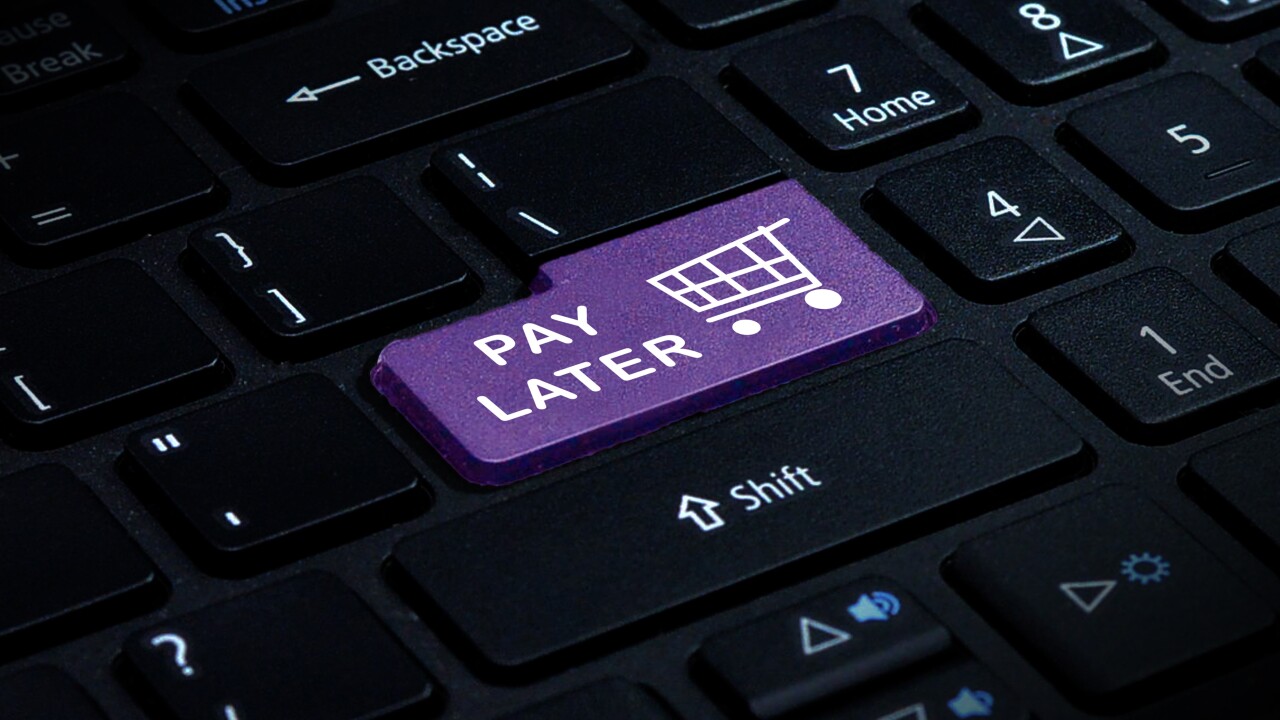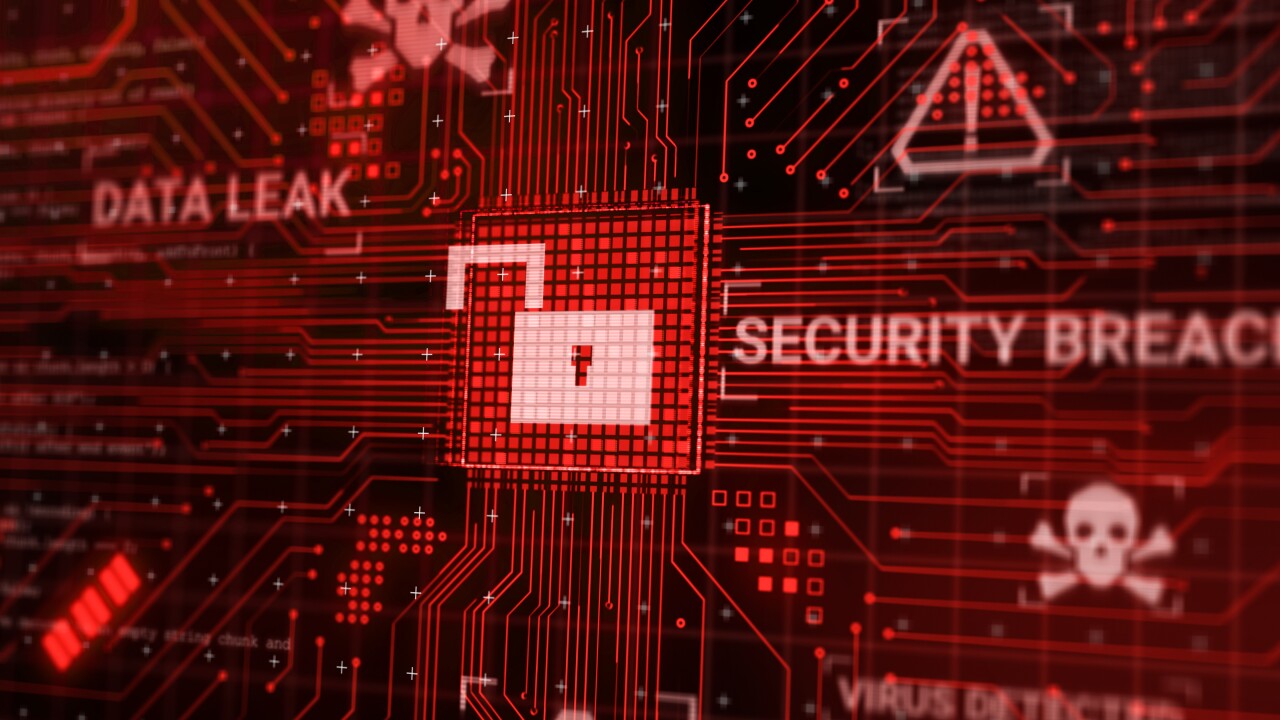The most popular payment method in Hong Kong is no longer considered safe by many protesters.
As
Validating those fears: The police in Hong Kong have reportedly begun asking restaurants in the Hong Kong International Airport for lists of Octopus card transactions,

Octopus cards are tied to the Hong Kong subway system, but for months, people in Hong Kong have been
“We haven’t seen examples of digital payment networks being used for mass surveillance of protesters before,” said Brett Scott, a writer, speaker and campaigner focused on the inherent risks of cashless societies. “This is certainly going to show the potential of it.”
Kaydence Shum, who works in public relations in Hong Kong, said protesters are using cash for other things as well, including food, drink
“I hope it does raise awareness that convenience isn’t the only thing to think about in a payment method," Scott, who resides in London, told PaymentsSource. "A lot of digital payments are promoted under the guise of convenience, but convenience isn’t the only thing that people value. We value freedom and privacy and autonomy.”
While privacy advocates like Scott have long raised concerns about digital payment methods, for many consumers, the idea seemed almost too Orwellian to pass muster in many democratic countries.
Yet instances of authoritarian regimes around the world have heightened the fears.
For instance, tech-savvy Venezuelans, dealing with both censorship of payments and a hyper-inflated local currency, have moved some of their
Some legal cannabis dispensaries in Canada report that many customers won't use payment cards because they believe the U.S. government could use their transaction activity to deny them access to cross the border, according to a recent
Crypto enthusiasts have been touting the technology for these purposes for nearly a decade, and many say that massive corruption and/or another recession could finally spark the mass adoption of crypto payments.
Yet according to Leo Weiss, who runs the Bitcoin Association of Hong Kong, crypto isn’t being widely used in the region.
According to over-the-counter traders that Weiss has spoken to, interest is up. That said, it’s hard to tie directly to the protests and people’s concerns over government surveillance; it could equally coincide with increased
Crypto “does come up quite a bit in discussions, but those are largely theoretical,” Weiss said.
It’s more about the what-if scenarios, those much like what Apple Daily reported on Aug. 22.
“What we see immediately is that people are much more understanding of what the benefits of crypto could bring to them,” Weiss said. “Half a year ago, people would have listened to our hypothetical rants about people’s money being frozen with disbelief or dismissal — like that only happens in third world countries with massive corruption.”
But now, “there’s wild conspiracy theories going on about martial law or military invasion … and the chance of a ‘bank holiday’ lasting longer than a week isn’t that absurd of a possibility,” he concluded.





